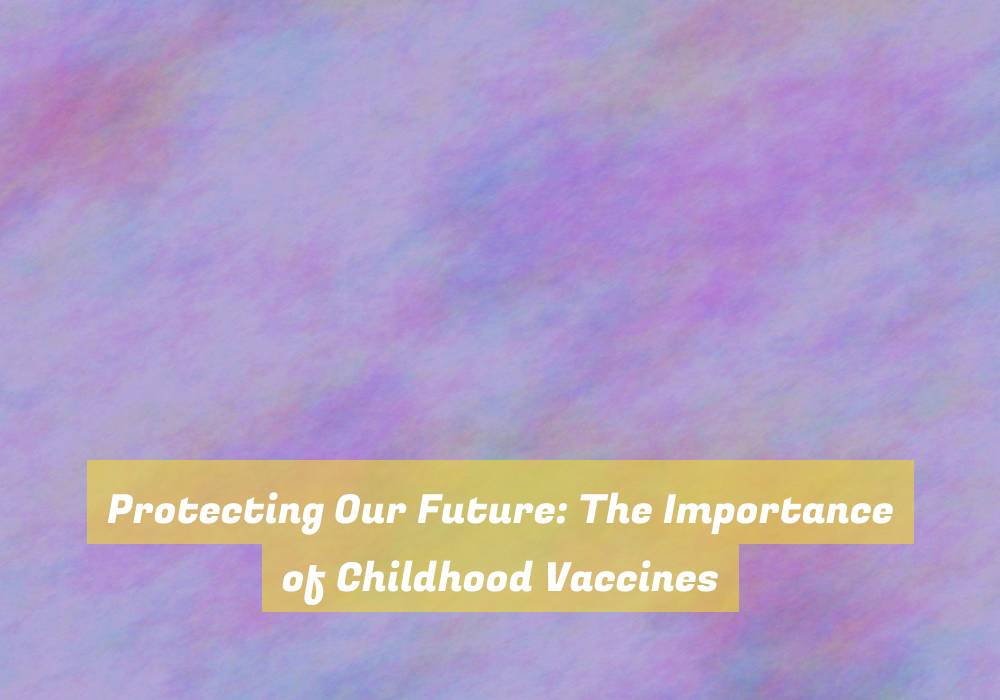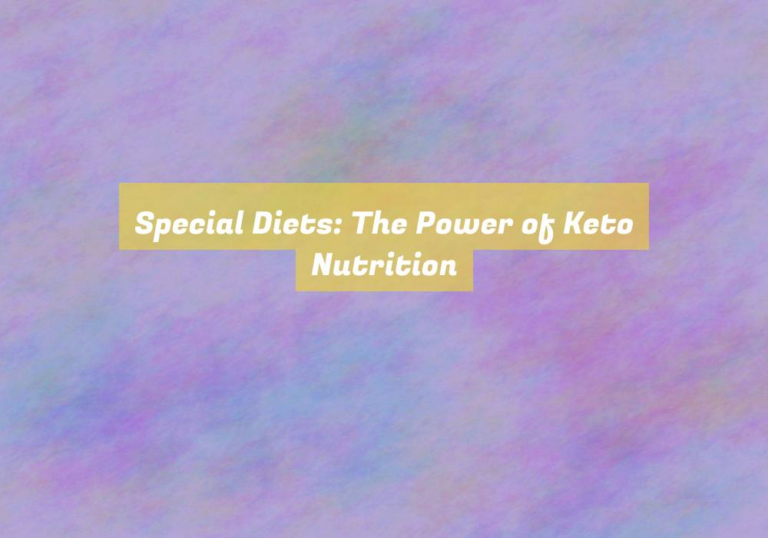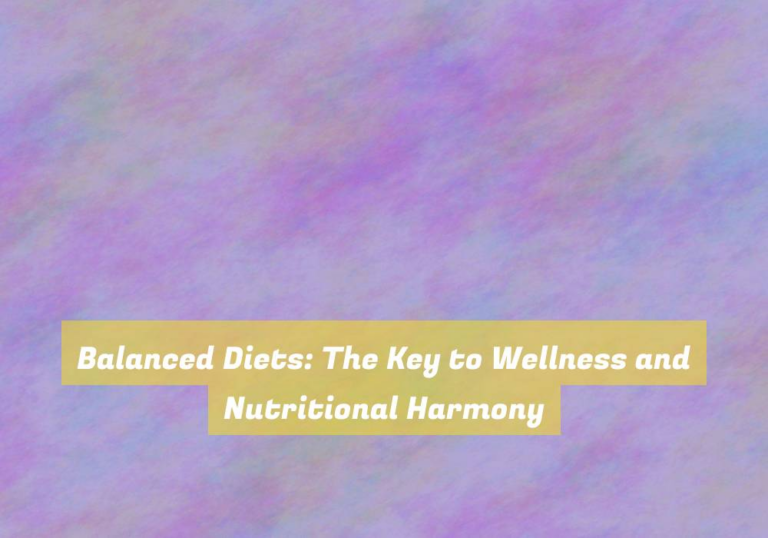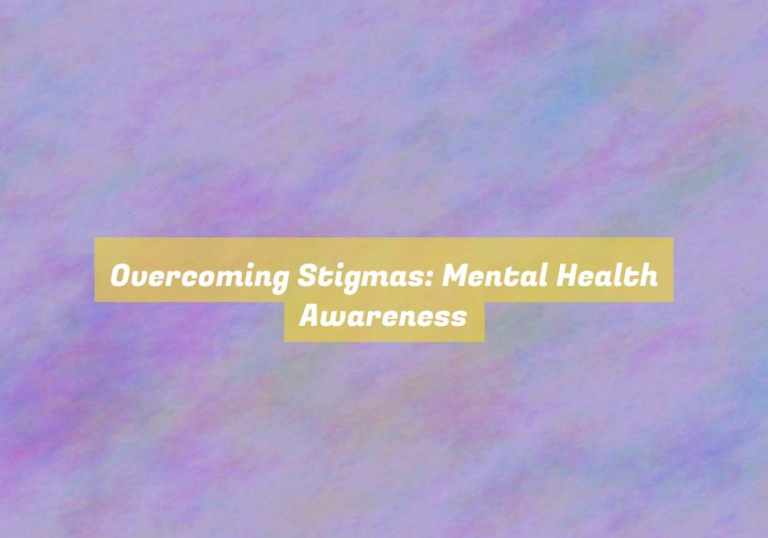Protecting Our Future: The Importance of Childhood Vaccines
Imagine childhood vaccines as the invisible shield that safeguards our future generations from the threat of preventable diseases. As a parent or caregiver, you understand the paramount importance of ensuring the well-being of the children in your care.
But have you ever wondered about the science behind childhood vaccines and the critical role they play in protecting not only individual health but also the health of the entire community?
There are essential factors to consider, and by exploring these, you will gain valuable insights into the significance of childhood immunizations.
The Science Behind Childhood Vaccines
Understanding how childhood vaccines work is essential for parents to make informed decisions about their childrenG??s health. Vaccines contain weakened or inactive parts of a particular organism, such as a virus or bacteria. When administered, the bodyG??s immune system recognizes these parts as foreign and produces an immune response by creating antibodies.
These antibodies then remain in the body, ready to fight off the actual disease if the individual is exposed to it in the future. This process not only protects the vaccinated individual but also helps to prevent the spread of contagious diseases within the community.
Vaccines are designed to trigger the immune system to respond without causing the disease itself. They undergo rigorous testing to ensure their safety and effectiveness before being approved for public use. By receiving vaccines, children build immunity to potentially life-threatening diseases, reducing the risk of illness and complications.
ItG??s important to note that vaccines donG??t overload the immune system; in fact, a childG??s immune system is exposed to numerous germs daily, making vaccines a small fraction of what it handles regularly. Understanding this scientific process can help you feel confident in making the decision to vaccinate your child, ultimately contributing to a healthier and safer community for all.
Benefits of Childhood Immunizations
Childhood immunizations offer significant protection against preventable diseases, safeguarding your childG??s health and well-being. By ensuring that your child receives recommended vaccines, youG??re providing them with a shield against serious illnesses such as measles, mumps, rubella, polio, and whooping cough. These vaccines work by stimulating the immune system to produce antibodies, preparing the body to fight off specific infections. This not only protects your child but also helps prevent the spread of diseases within the community.
In addition to the direct protection they offer, childhood immunizations also contribute to the concept of herd immunity. When a large percentage of the population is vaccinated, it becomes more difficult for a disease to spread, providing indirect protection to those who canG??t be vaccinated due to medical reasons or age, such as newborns. This communal protection is vital in safeguarding the most vulnerable members of society.
Furthermore, childhood immunizations can save time and money by reducing doctorG??s visits, hospitalizations, and the long-term healthcare costs associated with treating vaccine-preventable diseases. By ensuring your child is immunized, you arenG??t only protecting their health but also contributing to the overall well-being of the community.
Addressing Vaccine Misconceptions
Dispelling misconceptions about vaccines is crucial for promoting public health and protecting our communities.
You may have heard that vaccines cause autism, contain harmful chemicals, or can make you sick. ItG??s important to address these myths and provide accurate information.
Vaccines donG??t cause autism. Numerous studies have debunked this claim, and the overwhelming scientific evidence supports the safety of vaccines.
Additionally, vaccines go through rigorous testing to ensure theyG??re safe and effective before being approved for use. Some may worry about the ingredients in vaccines, but in reality, the ingredients are carefully selected and are present in very small amounts, posing no significant risk to your health.
Moreover, vaccines are designed to stimulate your immune system without causing the disease they protect against. This means that any mild symptoms you experience after vaccination are actually a sign that your body is building immunity.
Role of Herd Immunity in Community Protection
You might wonder how addressing misconceptions about vaccines ties in with the concept of herd immunity in protecting our communities.
Well, hereG??s how it works: when a large percentage of a community is vaccinated against a particular disease, the spread of that disease is significantly reduced. This not only protects those who are vaccinated but also safeguards those who canG??t be vaccinated, such as infants, elderly individuals, or individuals with certain medical conditions.
Herd immunity plays a crucial role in preventing outbreaks of infectious diseases. By reducing the number of susceptible individuals in a community, the likelihood of an infected person coming into contact with someone whoG??s vulnerable is greatly diminished. This creates a collective protection that extends beyond individual immunity.
However, if vaccination rates drop and herd immunity weakens, the entire community becomes more susceptible to outbreaks.
In essence, addressing misconceptions about vaccines and ensuring high vaccination rates are vital for maintaining herd immunity and safeguarding the health of our communities. By understanding the role of herd immunity, we can appreciate how individual vaccination choices impact the well-being of the entire community.
Conclusion
So, make sure to protect your childG??s future by getting them vaccinated.
The science behind childhood vaccines is solid, and the benefits far outweigh any misconceptions.
By immunizing your child, you not only protect them, but also contribute to the herd immunity of your community.
DonG??t let misconceptions or fears prevent you from taking this important step in safeguarding your childG??s health and the health of those around them.
Get them vaccinated and ensure a healthier future for all.






